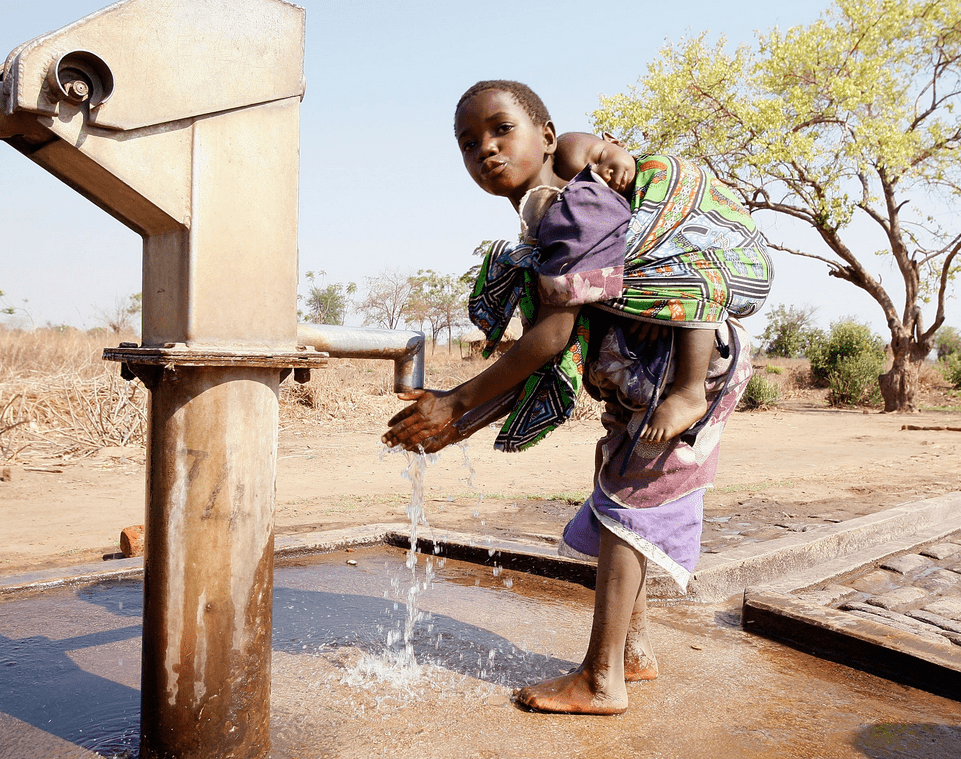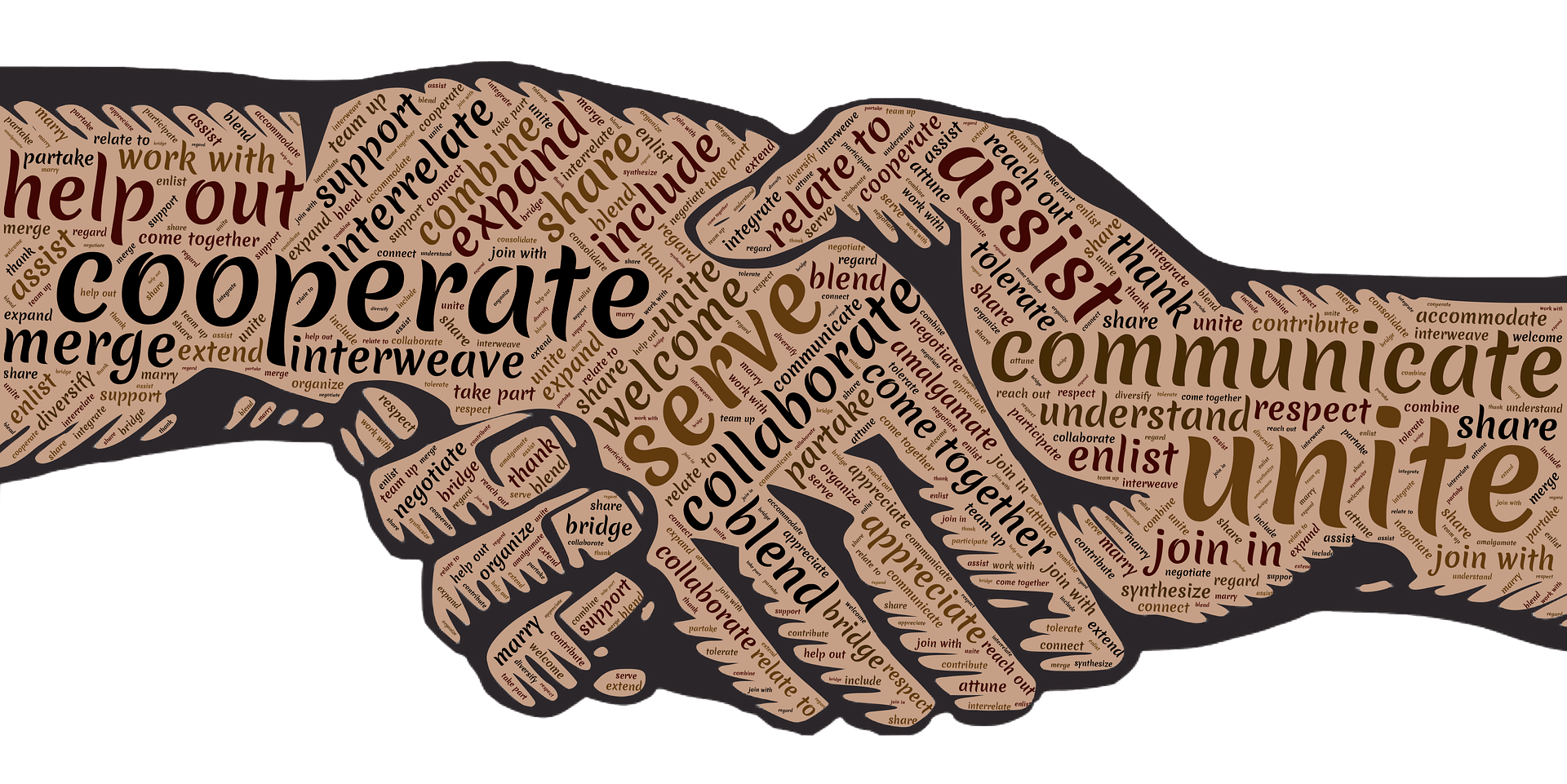Hey Ya’ll Thanks for coming back!!!
What shall we talk about this week? More ecofeminism?….well duh. I have a lot to say you know. I love to talk!!
Now that we know what ecofeminisim is or we at least have a basic understanding of it, we can talk about how certain issues that fall under the ecofeminism umbrella affect certain groups of women. Within our western culture it’s important for us to remember that even if we can’t see certain issues happening within our own society that doesn’t mean it’s not someone else’s reality.
In the global south, otherwise defined as our third world countries, women are affected by a number of different environmental issues because they don’t have the access to resources on a regular basis that we (western civilizations) do. Arguably, the biggest way women experience environmental degradation in our poorer countries, is their water access, or lack there of. Within the culture of most third world countries it is primarily the women and girls who are responsible for the household’s water.
{While water is the main conversation here, it’s also important to acknowledge the issues women face that thrives off their lack of water. Issues such as sanitation, hygiene, menstruation, and even being excluded from occupations and education.}
The responsibility of water for women does more damage than you may think. Unlike our western world, water is generally stored pretty far from most families’ homes within low-income countries. The actually process of collecting water and bringing it back to the home is extremely time consuming, and puts great deal of strain on a woman’s body, as the walks are far and the ‘containers’ they lug the water back in are made to be as heavy as possible but still carry-able. If this wasn’t enough to deal with, women doing this are usually in a very vulnerable position as they venture out to collect water, using every ounce of energy they have. This makes them susceptible to attacks as they are alone and physically weak from the strenuous work they are responsible for. Both of these issues are only made worse when a women is on her period or pregnant.
I believe that the most important thing to take away from this conversation is that the fact that women are disadvantaged and boarder line victimized by certain environmental issues that men just aren’t. If this can be acknowledged on a wide scale I think we’ll start to see some serious change.
Thus far when we’ve discussed ecofeminism, we’ve discussed it in terms of how the western world interprets and believes in it. However, there are many more perspectives of ecofeminism, and how women and nature are and should be connected. Unlike what I discussed last week, an ecofeminist by the name of Benal Agarwal has a very non-Western perspective of what ecofeminism is. While Warren and Hobgood-Oster, (western ecofeminists) focus on explaining how environmental issues and feminist issues are both caused by our patriarchal system, Agarwal suggests that certain environmental issues are the cause of feminist issues. The way Agarwal presents her perspective, I believe to be rather important to the perspective as a whole. She essentially breaks her paper into two conversations under the ecofeminism umbrella. The first speaks of women as victims to certain environmental issues such as the women and water issue discussed above. The second one discusses how women have always been very active in protecting the environment, probably because they are so often affected by it, especially within third world countries.
I think the difference between the two different perspectives simply comes from the difference in the cultures. While women in third world countries are often being put at a significant disadvantage because of an environmental issue, women on the other side of the world don’t experience anything like that, especially those within a higher class. It’s important to remember that despite the different perspectives all ecofeminists have the same overall goal; to protect our planet and the women living on it.
While I believe both perspectives to be intriguing and representative of their culture, if I had to choose the most appealing I’d have to choose our western view. Yes, it doesn’t include how certain environmental issues create or worsen feminist ones, but our culture doesn’t see that on a day to day basis. However, it does include; in fact it’s probably the biggest factor within ecofeminism in the western world; that our patriarchal system is the cause of both environmental and feminist issues. Although the details of a patriarchal system differ between cultures, it remains a fact that we live in a male dominated world and we can’t ignore that in reference to ecofeminism. I think it’s important to include this conversation within all perspectives of ecofeminism. Regardless, all of these different perspectives only contribute to the larger idea which can only be a positive advancement for women and our environment.
That’s all I have to say today!!
See Ya’ll Next time!!





I loved your blog, it was really alluring and exciting to read. I agree that there are many issues in our society that we need to address. Especially regarding all the issues that have been created for women in the non western culture such as India. We often turn a blind eye to issues that do not directly affect us or our families. Yet in ecofeminism it is important we try to help solve the oppression of women and nature in all cultures not just our own. For the most part people in our western civilization have unlimited access to water for drinking as well as sanitation and hygiene. As we learned from the readings, this is not the case for women in third world countries. It is extremely unfortunate that many of the burdens like finding enough water for themselves and their families falls back onto the women of the households. I can only imagine how these women may feel if they are unable to get enough water to satisfy their needs. As well as the potential backlash they could get from the men in the family who are unhappy because the women did not fulfill their “duties” perse. You make an excellent point that people need to realize the strain put on women due to these environmental issues. As well as the potential danger women are facing when fulfing their tasks due to being vulnerable to attacks and other foul play. If people acknowledged this and agreed it was a problem, it would be a starting point in making a positive change. After reading both western and nonwestern perspectives of ecofeminism there are clearly some differences as you mention. Yet they both do have a similar goal which is to protect our beautiful Earth and all the beautiful women who live here. This is what I believe to be most important, in the end we all need to come together in order to make change in our world.
Amazing job! I love that you not only highlighted the crisis and comparison of woman and water BUT added the responsibility of the water in life and for these woman. The imagery of these woman being one with their environment, I also believe is very crucial. Living in the United States it may be hard for people to envision the daily lives of these woman and I believe you did a great job depicting the setting.
I loved your blog, it was really alluring and exciting to read. I agree that there are many issues in our society that we need to address. Especially regarding all the issues that have been created for women in the non western culture such as India. We often turn a blind eye to issues that do not directly affect us or our families. Yet in ecofeminism it is important we try to help solve the oppression of women and nature in all cultures not just our own. For the most part people in our western civilization have unlimited access to water for drinking as well as sanitation and hygiene. As we learned from the readings, this is not the case for women in third world countries. It is extremely unfortunate that many of the burdens like finding enough water for themselves and their families falls back onto the women of the households. I can only imagine how these women may feel if they are unable to get enough water to satisfy their needs. As well as the potential backlash they could get from the men in the family who are unhappy because the women did not fulfill their “duties” perse. You make an excellent point that people need to realize the strain put on women due to these environmental issues. As well as the potential danger women are facing when fulfilling their tasks due to being vulnerable to attacks and other foul play. If people acknowledged this and agreed it was a problem, it would be a starting point in making a positive change. After reading both western and non western perspectives of ecofeminism there are clearly some differences as you mention. Yet they both do have a similar goal which is to protect our beautiful Earth and all the beautiful women who live here. This is what I believe to be most important, in the end we all need to come together in order to make change in our world.